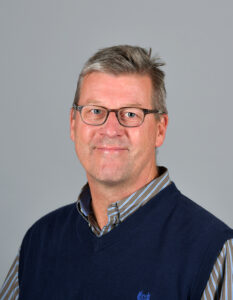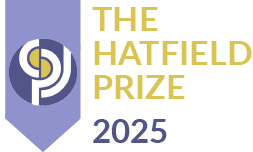 The Hatfield Prize is awarded annually to three student-faculty pairs. Recipients conduct research on social policies that impact vulnerable children, families, and communities, and explore the impact of these policies in their local communities. This semester-long research project culminates in three policy reports that make recommendations for both government and civil society institutions in contributing to policies that promote flourishing communities. The Prize honors the legacy of the late Senator Mark O. Hatfield, who served as a United States senator from Oregon for three decades. Hatfield was known for his principled Christian faith and for his commitment to working across differences to find common ground.
The Hatfield Prize is awarded annually to three student-faculty pairs. Recipients conduct research on social policies that impact vulnerable children, families, and communities, and explore the impact of these policies in their local communities. This semester-long research project culminates in three policy reports that make recommendations for both government and civil society institutions in contributing to policies that promote flourishing communities. The Prize honors the legacy of the late Senator Mark O. Hatfield, who served as a United States senator from Oregon for three decades. Hatfield was known for his principled Christian faith and for his commitment to working across differences to find common ground.

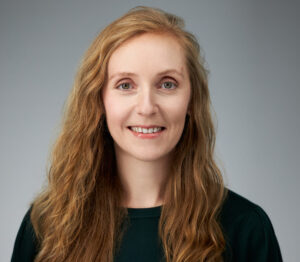
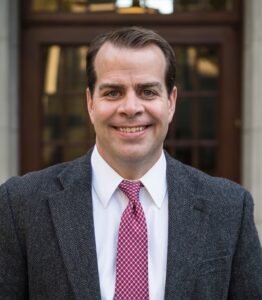 Bert Emerson, Ph.D.
Bert Emerson, Ph.D.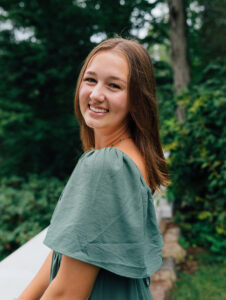
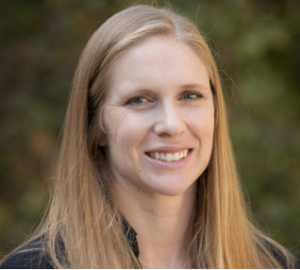 Katherine Bryant, Ph.D. is an Assistant Professor of Political Science at Westmont College, where she teaches courses on international relations and quantitative methods. Her research is primarily focused on institutional design, foreign aid, and international development. More recently, she has been examining the role of state and non-state actors in development, particularly in the area of climate policy. She regularly leads students at the National Model United Nations Conference. Outside of the classroom, her three young sons keep her quite busy.
Katherine Bryant, Ph.D. is an Assistant Professor of Political Science at Westmont College, where she teaches courses on international relations and quantitative methods. Her research is primarily focused on institutional design, foreign aid, and international development. More recently, she has been examining the role of state and non-state actors in development, particularly in the area of climate policy. She regularly leads students at the National Model United Nations Conference. Outside of the classroom, her three young sons keep her quite busy.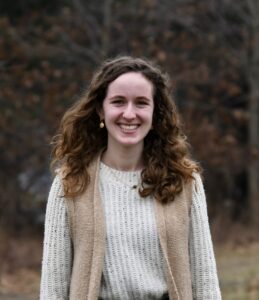 Noel Vanderbilt
Noel Vanderbilt